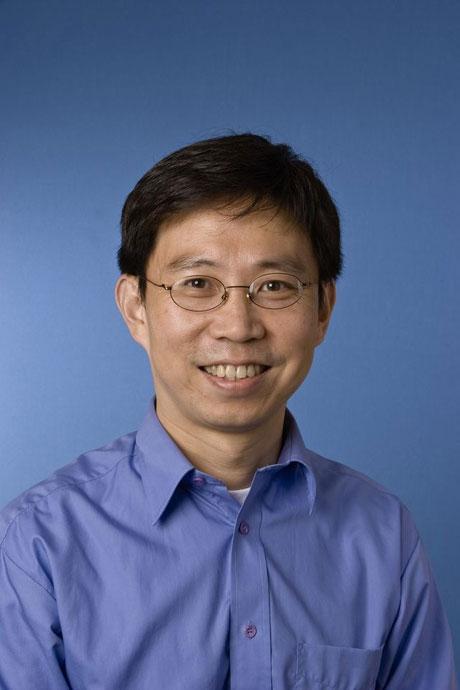A new study led by Professor Kui Liu at the University of Gothenburg has identified the key molecule 'Greatwall kinase' which protects women's eggs against problems that can arise during the maturation process.
In order to be able to have a child, a woman needs eggs that can grow and mature. One of these eggs is then fertilised by a sperm, forming an embryo. During the maturation process, the egg needs to go through a number of stages of reductional division, called meiosis. If problems occur during any of these stages, the woman can become infertile. Around 10-15% of all women experience fertility problems, caused by factors such as genetics, environment and age.
Human studies are the next stage
Using genetically modified mouse models, Professor Liu's team has now discovered that the molecule Greatwall kinase is of great importance in order for the eggs of the female mouse to be able to complete the first phase and move on to the second meiotic division during the maturation of the egg. When Greatwall kinase is removed from the egg, not all the stages can be completed. Instead, the egg enters an interphase with an abnormal DNA structure and problematic cell cycles. These problems make the females infertile.
Professor Liu believes it is highly likely that Greatwall kinase is important in the human egg maturation process. His group aims to carry out studies on human eggs as the next stage. The Greatwall kinase molecule is important in the regulation of the cell cycle.

This is Dr. Kui Liu, a professor at the University of Gothenburg's Department of Chemistry and Molecular Biology.
(Photo Credit: University of Gothenburg)
"If we discover that there are women whose eggs do not mature due to levels of Greatwall kinase being too low, we can inject the molecule into the egg," says Professor Liu. "Hopefully, the maturation process will thereby be corrected, and eventually the woman may be able to have children."
Dr. Kui Liu is a professor at the University of Gothenburg's Department of Chemistry and Molecular Biology. His group focuses on studies of genetic and epigenetic regulation of the development of female gametes. In recent years, their research has included both preclinical basic research and transferring the results generated from studies of mouse models to clinically applicable techniques for treating female infertility.
Source: University of Gothenburg